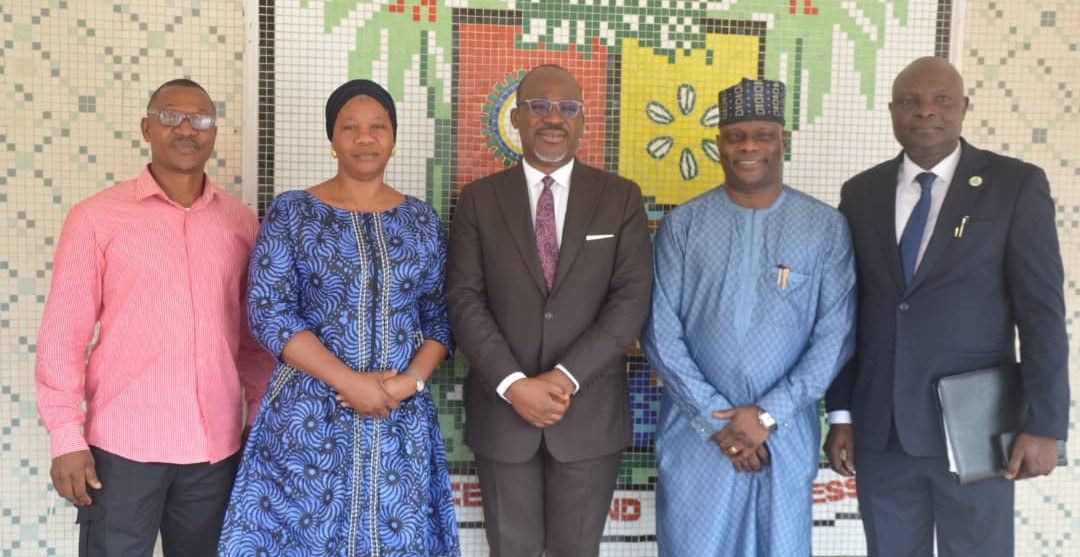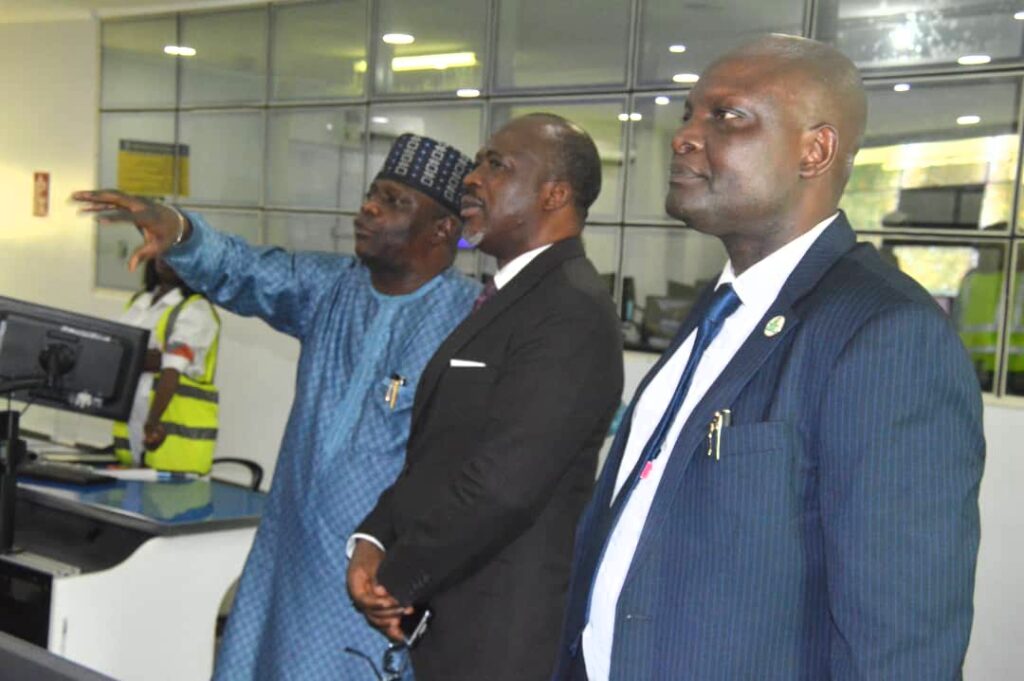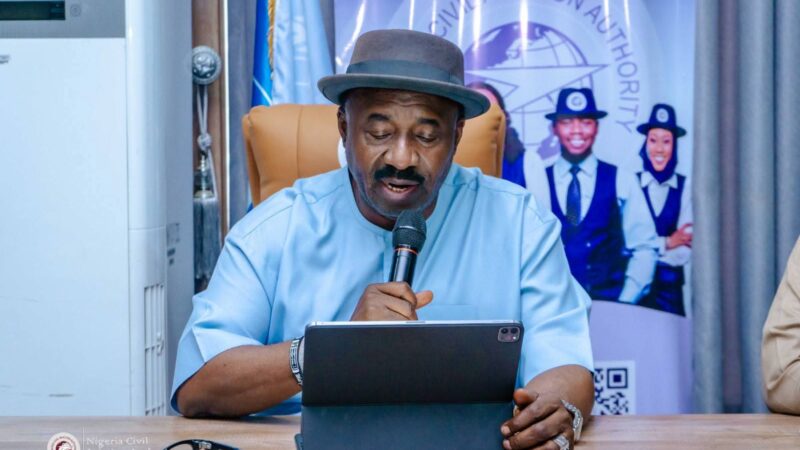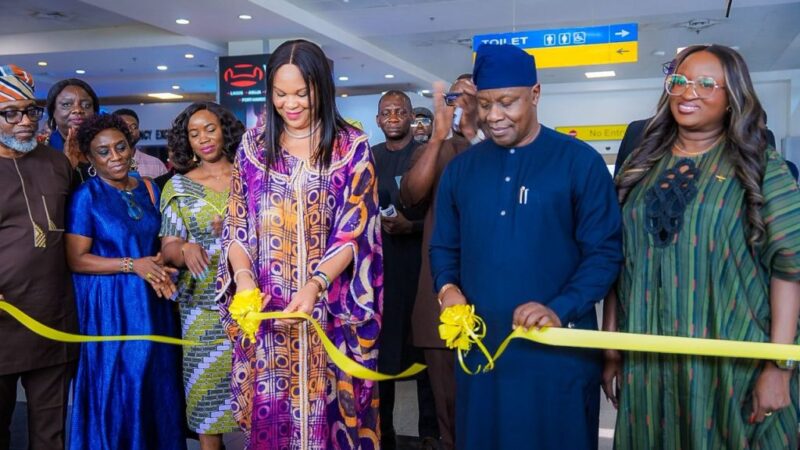NSIB sets to release report on train-BRT accident, deepens relationship with LASEMA, NRC

The Nigerian Safety Investigation Bureau (NSIB) has assured that it would release its report on the train and the Lagos State staff bus accident, which occurred at Ikeja area of the state earlier this month.
This is as the bureau has agreed to deepen its relationships with the Lagos State Emergency Management Agency (LASEMA) and the Nigerian Railway Corporation (NRC) through a Memorandum of Understanding (MOU) on ways of enhancing safety in the rail and road sector.
Speaking during courtesy visits to the two organsiations in Lagos yesterday, Engr. Akin Olateru, the Director-General, NSIB, said that its investigators had begun investigation into the causal and contributory factors of the March 9, 2023 train and bus accident in Lagos.
He explained that its report, which would be made public, would also include safety recommendations to both parties on how a recurrence could be avoided in the future.
Speaking at LASEMA, Olateru regretted the accident, which claimed 10 lives with colossal damage to the bus, but assured the Lagos State Government that its investigators would do a thorough job and come up with safety recommendations.

He, however, said that it does not impose blame on any party, rather, issue safety recommendations on how such accidents could be prevented in the future.
He explained that NSIB has well-trained 45 investigators who are deep on investigation of rail and maritime serious incidents and accidents.
“We have 45 well-trained investigators who are well-trained in the United States, Singapore Academy and others. So, we do what we do well. It takes time to carry out an investigation.
“But, for this, I don’t think it will take time because some of our investigators have already been trained on train and maritime investigation.
“All the accidents and serious incidents that we have investigated in the past, we made them public. There is no hiding of anything, but the thing is we don’t blame anyone. We have the causal and contributory factors that would tell you why the accident happened.”
The Director-General also sought partnership between NSIB and LASEMA on capacity building, training and exchange of ideas.

Earlier in his presentation, Dr. Olufemi Oke-Osanyintolu, Permanent Secretary of LASEMA, showed some slides of the train-bus accident and how his agency was able to minimise the casualties.
He explained that LASEMA, like in the past, was swift, effective and efficient in its response to the train-bus collision due to the various layers of information and action plan already established by the Lagos State Government.
According to him, its officials were at the scene of the accident within 10 minutes while rescue operations commenced immediately.
He sought partnership with NSIB in the areas of training and acquisition of equipment to further increase safety in the sector.
He said: “We wish to partner with your organisation. Let’s partner effectively and efficiently. You can use your money to build us up. You won’t regret it. I pioneered LASEMA in 2005 due to the bomb blast of January 27, 2002, which occurred in Lagos.
“Emergency has evolved over the years, we are now introducing what we call timely warning because we want to be proactive and for us to do this, we need your organisation so that there can be a form of lesson learnt from any emergency that occurs. We are very happy that you are with us.”
At the NRC, Olateru also reiterated that the report on the accident would be issued to the public soon and explained that the new NSIB Act 2022 followed the due process before it was enacted and assented to by President Muhammadu Buhari.
He explained that the essence of the new Act was to minimise all forms of road accidents in the country and safe more lives.
He said: “It is a decision of the Federal Government to do this. Before the passage of this Act, Nigerian Railway Corporation was the regulator, investigator and also the service provider.
“This is conflict of interest and in the wisdom of the Federal executive Council (FEC) in 2018, I made a presentation for the Federal Executive Council (FEC) for centralising all accident investigation in Nigeria in all modes of transportation.”
In his response, Engr. Fidet Okhiria, the Managing Director, NRC, expressed delight to work with NSIB.
He explained that the coming onboard of the bureau would improve safety of lives and equipment, while recurrence would also be prevented.
While lamenting the accident, Okhiria emphasised that the loss of lives would have been more catastrophic, but for the professional handling of the train driver.
According to him, no fewer than 1,000 passengers were aboard the train on the day of the incident, stressing that if the train driver had applied the brake immediately, the train would have derailed while more lives would have been lost.
He, however, said that the coming of NSIB to investigate train accidents was not a threat to the organisation, rather, it would serve as a boost to the rail system in the country.
“The coming onboard of NSIB into the investigation of accidents in the rail sector will make the job of railway easier. It is a welcome development. We are willing to work with them. This is the direction of the government and we have to abide by it. We will work with them.
“How does it threaten us? The agency is not a threat to us in any way; rather, we intend to work with them to make the rail sector safer and better for everyone. This is a law of the land and everyone must obey it,” he assured.
However, NSIB, LASEMA and NRC have agreed to set up a committee to work on the Memorandum of Understanding (MoU) that would further boost the relationship among the organisations.NSIB Act 2022.







